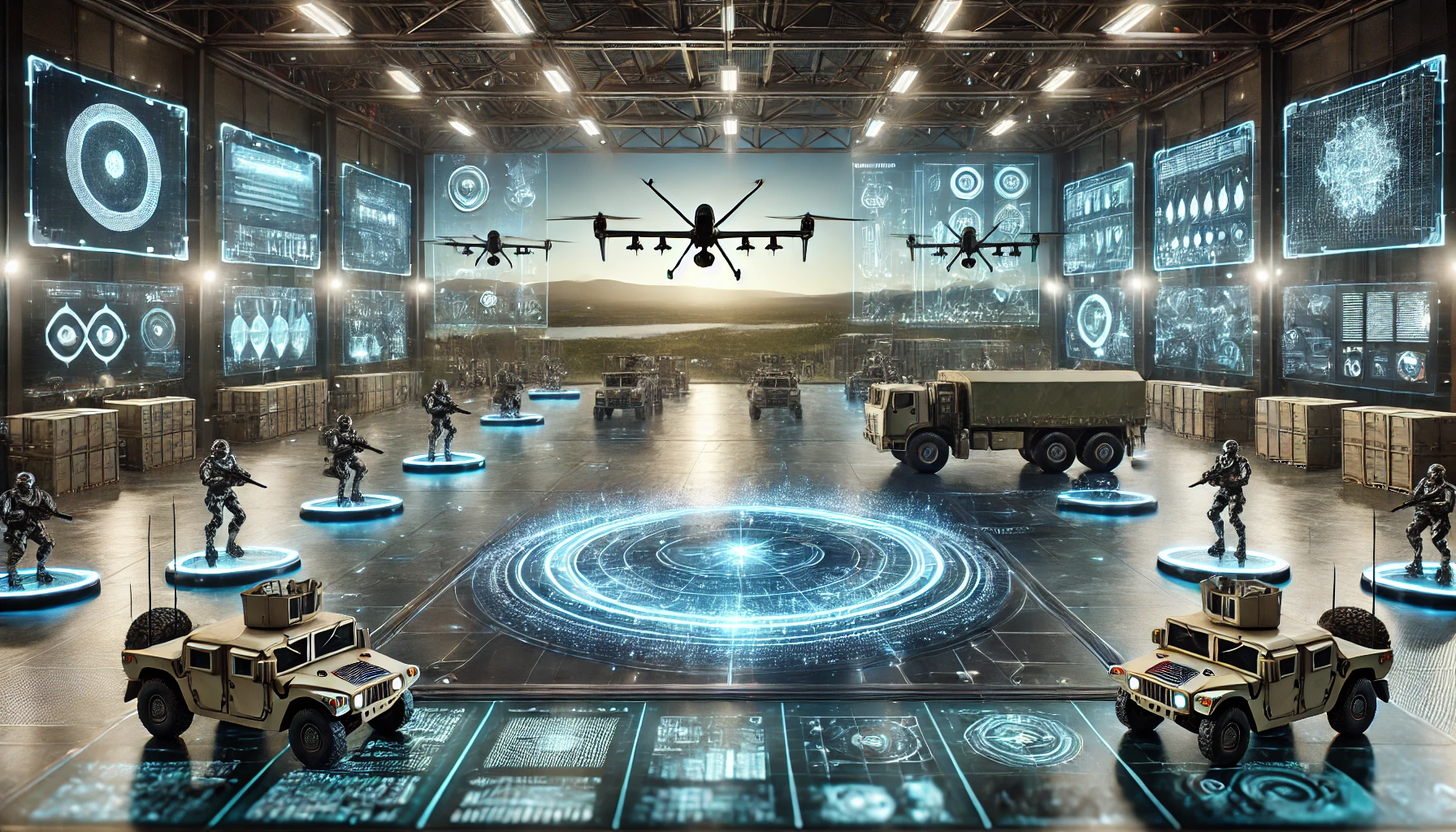The Future of Defense: The Role of Artificial Intelligence and Autonomous Systems
The defense industry is undergoing a revolutionary transformation, with artificial intelligence (AI) and autonomous systems taking center stage. These cutting-edge technologies are reshaping the strategies, capabilities, and operational dynamics of modern military forces worldwide.
AI’s Strategic Role in Modern Warfare
Artificial intelligence has emerged as a key enabler in defense, offering unparalleled capabilities in data analysis, decision-making, and real-time threat assessment. AI-powered systems can process vast amounts of battlefield data in milliseconds, providing commanders with actionable insights. From predictive maintenance of military equipment to enhanced surveillance through facial and object recognition, AI’s applications are vast and transformative.
AI is also driving the development of autonomous systems, including drones, unmanned ground vehicles, and autonomous naval vessels. These systems can operate independently or in coordination with human operators, reducing the risks to personnel and enhancing mission efficiency.
Autonomous Systems: Game-Changers in Combat
Autonomous systems are redefining how military operations are conducted. Unmanned Aerial Vehicles (UAVs), for instance, have become indispensable tools for reconnaissance, target acquisition, and even precision strikes. These systems are not only cost-effective but also highly versatile, capable of operating in diverse environments where human presence may be limited or dangerous.
On land, autonomous ground vehicles are being developed to support logistics, evacuations, and even combat scenarios. Similarly, autonomous submarines and surface vessels are enhancing naval capabilities, enabling stealth operations and advanced surveillance in contested waters.
Challenges and Ethical Considerations
Despite their potential, the integration of AI and autonomous systems into defense poses significant challenges. Issues such as cybersecurity vulnerabilities, system reliability, and interoperability with existing military infrastructure must be addressed.
Moreover, ethical considerations surrounding the use of autonomous weapons have sparked global debates. Questions about accountability, decision-making in lethal operations, and adherence to international humanitarian laws are central to this discourse.
The Path Forward
Countries around the world are investing heavily in AI and autonomous systems to maintain a strategic edge. Collaborative efforts between governments, defense contractors, and technology firms are accelerating innovation in this field.
For instance, AI-driven command-and-control systems are being developed to improve coordination between manned and unmanned units. Additionally, advancements in machine learning and neural networks are paving the way for smarter, more adaptive autonomous systems.
Conclusion
As AI and autonomous systems continue to evolve, their impact on defense will only grow. These technologies hold the promise of creating more efficient, precise, and adaptive military operations while minimizing risks to human life. However, careful consideration of their challenges and ethical implications will be crucial to ensure their responsible and effective use in shaping the future of defense.
The integration of AI and autonomy represents not just an advancement in military technology, but a paradigm shift in how wars are fought and peace is maintained.



